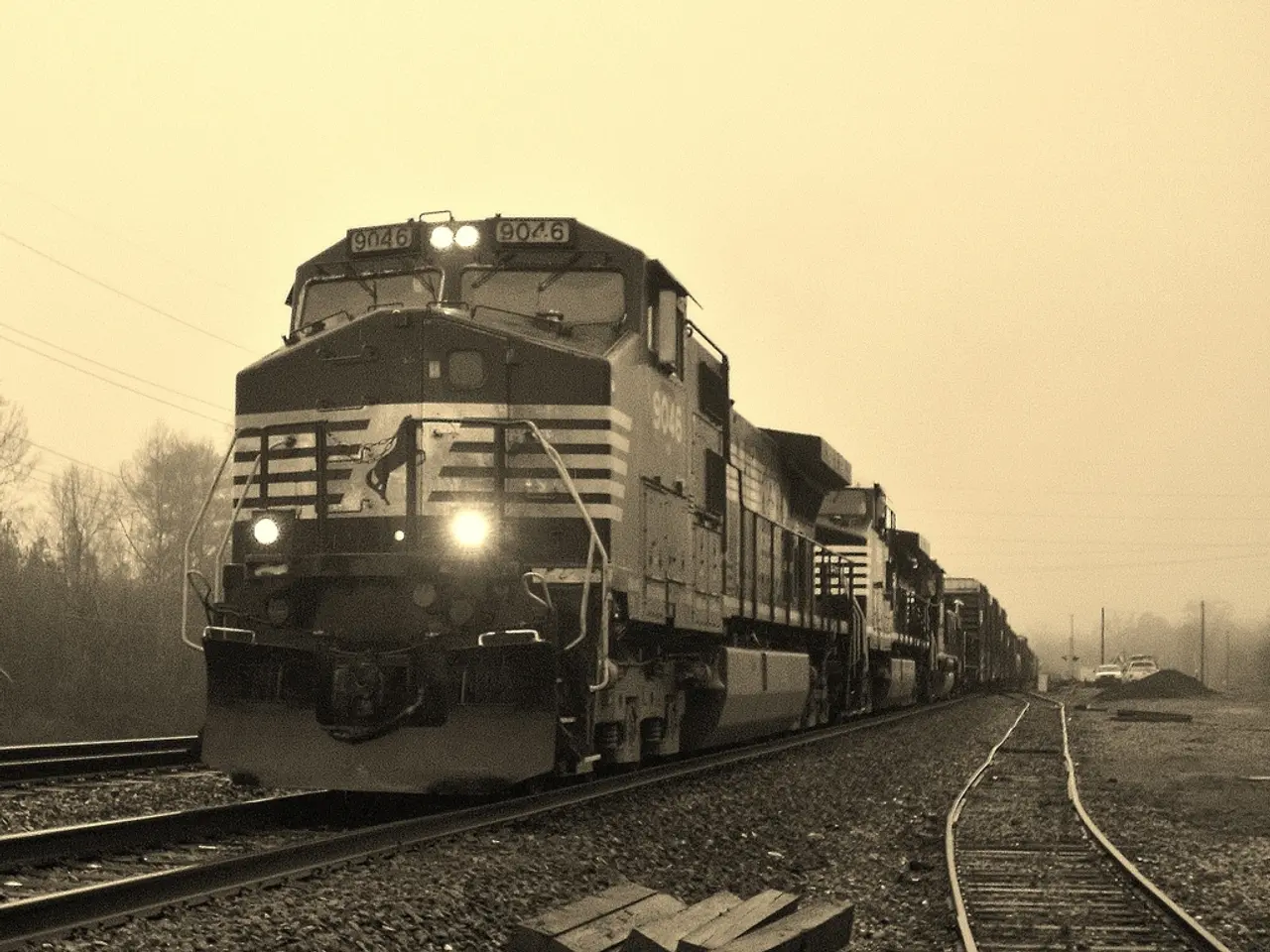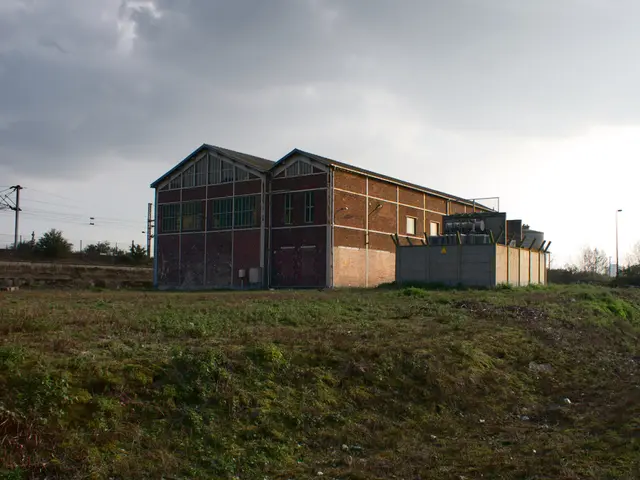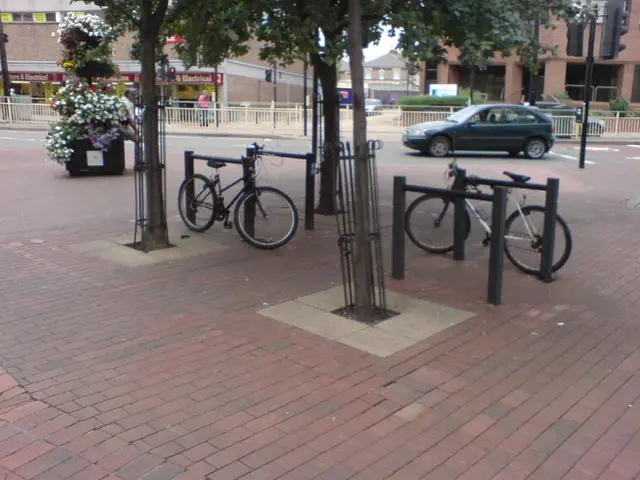Davos voters to decide on CHF 108M plan to fix winter traffic chaos
A new project aims to tackle Davos' winter traffic gridlock, with voters set to decide on November 30. The plan involves relocating Davos Dorf railway station to ease congestion caused by skier and snowboarder arrivals and departures. Meanwhile, the EU Parliament has voted to weaken the supply chain law, with key factions supporting the move.
The project, estimated at around CHF 108 million, includes relocating the station roughly 200 meters along the line, positioning it level with the Parsennbahn cable car. Davos would contribute approximately CHF 66 million to the total cost. The new station will also include a bus terminal and an underground parking garage, replacing current level crossings with roundabouts.
Voters will decide on a CHF 2.1 million credit to fund a preliminary project on November 30, essentially voting to proceed with the plan or abandon it. Damian Markutt, a cantonal councilor from the FDP, opposes the municipality’s approach due to the late referendum and millions already spent on planning. The Rhaetian Railway (RhB) has no fundamental operational or financial issues with shifting the station 200 meters along the line. However, some SVP representatives reject the funding, calling the project overly ambitious and opaque, advocating for a phased approach instead.
In other news, the EU Parliament voted 382 in favor, 249 against, and 13 abstained to weaken the supply chain law. Supporters included the EVP faction (CDU/CSU), the right-wing EKR faction (including Giorgia Meloni's party), Viktor Orbán's PfE alliance, Marine Le Pen's Rassemblement National, and the ESN faction (including the AfD).
Voters in Davos will decide on November 30 whether to proceed with the ambitious traffic gridlock project, with differing opinions among political representatives. Meanwhile, the EU Parliament's vote to weaken the supply chain law has sparked debate among political factions.
Read also:
- American teenagers taking up farming roles previously filled by immigrants, a concept revisited from 1965's labor market shift.
- Weekly affairs in the German Federal Parliament (Bundestag)
- Landslide claims seven lives, injures six individuals while they work to restore a water channel in the northern region of Pakistan
- Escalating conflict in Sudan has prompted the United Nations to announce a critical gender crisis, highlighting the disproportionate impact of the ongoing violence on women and girls.








